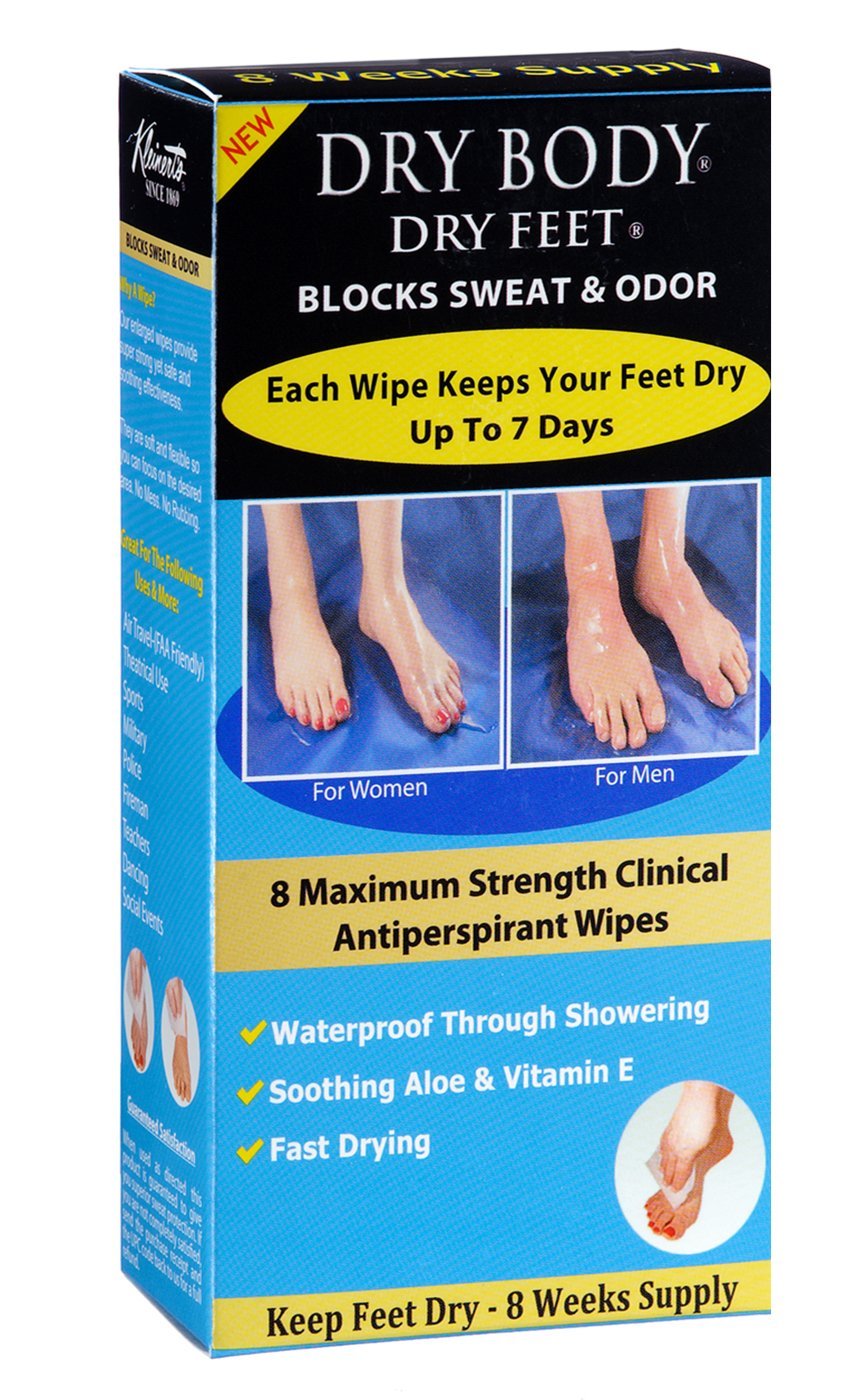Reliable Dermatology Solutions for Excessive Sweating: How to Stop Sweaty Hands and Feet
Reliable Dermatology Solutions for Excessive Sweating: How to Stop Sweaty Hands and Feet
Blog Article
Comprehending the Origin of Excessive Sweating and Its Influence On Every Day Life
Excessive sweating, also called hyperhidrosis, is a problem that affects a considerable part of the populace, yet its hidden causes and implications on everyday working continue to be somewhat enigmatic. While it is typically comprehended as a physical feedback to manage body temperature level, the triggers for excessive sweating can vary commonly among people, including not just physical variables but also psychological and emotional elements. The impact of this condition expands past plain discomfort, often influencing social communications and overall quality of life. By delving right into the origin of hyperhidrosis and discovering its complex impacts, a deeper understanding of this pervasive issue can be obtained, dropping light on the intricacies that individuals grappling with excessive sweating navigate every day.
Physiology of Sweat Glands
The policy of sweat production, a crucial physical procedure, is primarily controlled by the task of gland distributed throughout the human body. Gland are categorized right into two major types: eccrine and apocrine glands. Eccrine glands are one of the most many and are found in nearly all areas of the body. They play an essential role in thermoregulation by producing a watery fluid onto the skin's surface area, which evaporates and assists cool down the body down. In contrast, apocrine glands are focused in locations abundant in hair follicles, such as the underarms and groin, and their secretions are thicker and milky in appearance.
When the body temperature rises, either due to physical task, high temperatures, or emotional stress and anxiety, the nervous system activates the gland to produce sweat. This sweat is composed mainly of water and electrolytes like salt and chloride. The procedure of sweat production is necessary for keeping the body's internal temperature within a narrow, ideal array, highlighting the critical function sweat glands play in human physiology.
Triggers for Excessive Sweating
In recognizing the origin causes of too much sweating, it is critical to recognize the triggers that can lead to this physiological response. Physical effort, high temperatures, and spicy foods are also recognized to activate excessive sweating in people susceptible to this condition.
Moreover, medications such as some antidepressants, opioids, and certain supplements can additionally work as triggers for hyperhidrosis. Recognizing these triggers is necessary in managing too much sweating efficiently - Sweaty hands treatment. By identifying and resolving the certain triggers that trigger excessive sweating in a private, doctor can establish tailored treatment strategies to reduce this problem and improve the person's quality of life
Medical Conditions Associated
Connected with excessive sweating are different clinical conditions that can worsen this physical response. One typical problem is hyperhidrosis, a disorder defined by extraordinarily increased sweating that surpasses the body's thermoregulatory requirements. This can show up in focal locations like the hands, soles, underarms, or face, impacting an individual's lifestyle as a result of social embarrassment and discomfort.
Furthermore, endocrine disorders such as hyperthyroidism, diabetic issues, and menopausal warm flashes can likewise cause extreme sweating. Hyperthyroidism triggers an overproduction of thyroid hormones, speeding up metabolic process and click here to read activating sweating. Diabetes mellitus can generate sweating episodes, specifically throughout hypoglycemic episodes when blood glucose levels drop too reduced. Menopausal warm flashes, credited to hormonal changes during menopause, can cause sudden and extreme sweating, typically accompanied by flushing and heart palpitations.
Moreover, infections like endocarditis, tuberculosis, and hiv have been associated with evening sweats, a typical symptom recognized to interrupt sleep and affect general health. These clinical conditions highlight the varied series of underlying factors that can add to excessive sweating, demanding extensive assessment and monitoring by health care professionals.
Mental and emotional Aspects

Effect on Social Communications
Extreme sweating can have extensive effects on a person's ability to engage pleasantly in social interactions. The noticeable indications of sweat stains or wet spots on clothes can cause embarrassment and self-consciousness, triggering people to withdraw from social circumstances. This withdrawal can influence relationships, limitation social activities, and prevent individual and professional growth.

Additionally, the anxiety and self-esteem problems originating from extreme sweating can affect communication and social abilities. People may have a hard time to focus on discussions, take part in group tasks, or reveal themselves confidently. This can result in sensations view it now of isolation and loneliness, as social connections become testing to maintain.
Verdict
While it is generally comprehended as a physical feedback to regulate body temperature level, the triggers for excessive sweating can vary widely among individuals, incorporating not just physical elements yet additionally emotional and emotional aspects. By diving right into the root triggers of hyperhidrosis and exploring its complex impacts, a much deeper understanding of this pervasive concern can be gained, shedding light on the intricacies that people grappling with excessive sweating navigate on an everyday basis.
Physical effort, high temperature levels, and spicy foods are likewise understood to set off too much sweating in individuals susceptible to this problem. By recognizing and dealing with the certain triggers that motivate excessive sweating in a private, medical care companies can develop customized therapy plans to ease this condition and improve the person's quality of life.
Too much sweating can have extensive results on an individual's capability to involve easily in social interactions.
Report this page